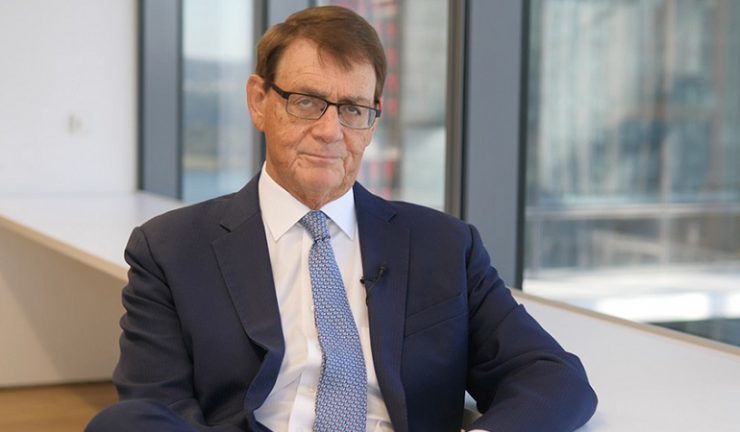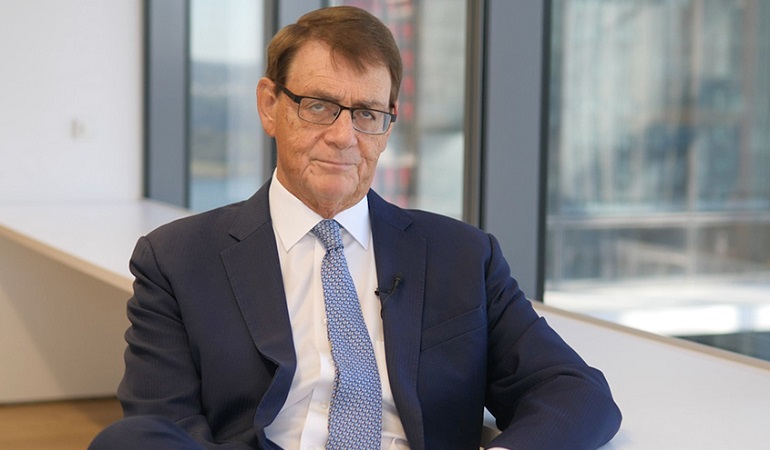The Westpac-Melbourne Institute Index of Consumer Sentiment declined 1.8%, a result that was hardly unexpected during the period of devastating bushfires.
However, Westpac chief economist Bill Evans expressed surprise that the fall in the index was not more severe particularly in light of the 5.8% fall seen during the Queensland floods in 2011.
“Confidence has been further eroded by the bushfires but because the index was starting from such a modest level it was likely that the fall in confidence would be less than some may have expected.”

Evans said the low level of confidence is consistent with the generally lacklustre reports on consumer spending with the jump in retail sales in November likely to have largely reflected the Black Friday effect. “A more widespread boost to spending will be required before there are credible grounds to dispute the downbeat signals associated with the consistently low levels of the index.”
Household consumption continued to fall with the ‘time to buy a major household item’ sub-index declining 1.8% in January, 4.1% down on last year, suggesting consumers are likely to be extra cautious, particularly through December and January.
Housing-related sentiment was strong in January, with views on time to buy lifting while price expectations continued to surge. “The house price expectations index rose 8.1% in January, up a staggering 58% over the year, and while the index has reached higher levels in previous price cycles the boost in optimism has not been as dramatic as we are witnessing in this cycle.”
For now, the indexes are indicating that this current period of positive price action is unlikely to end in the near term, he said.

